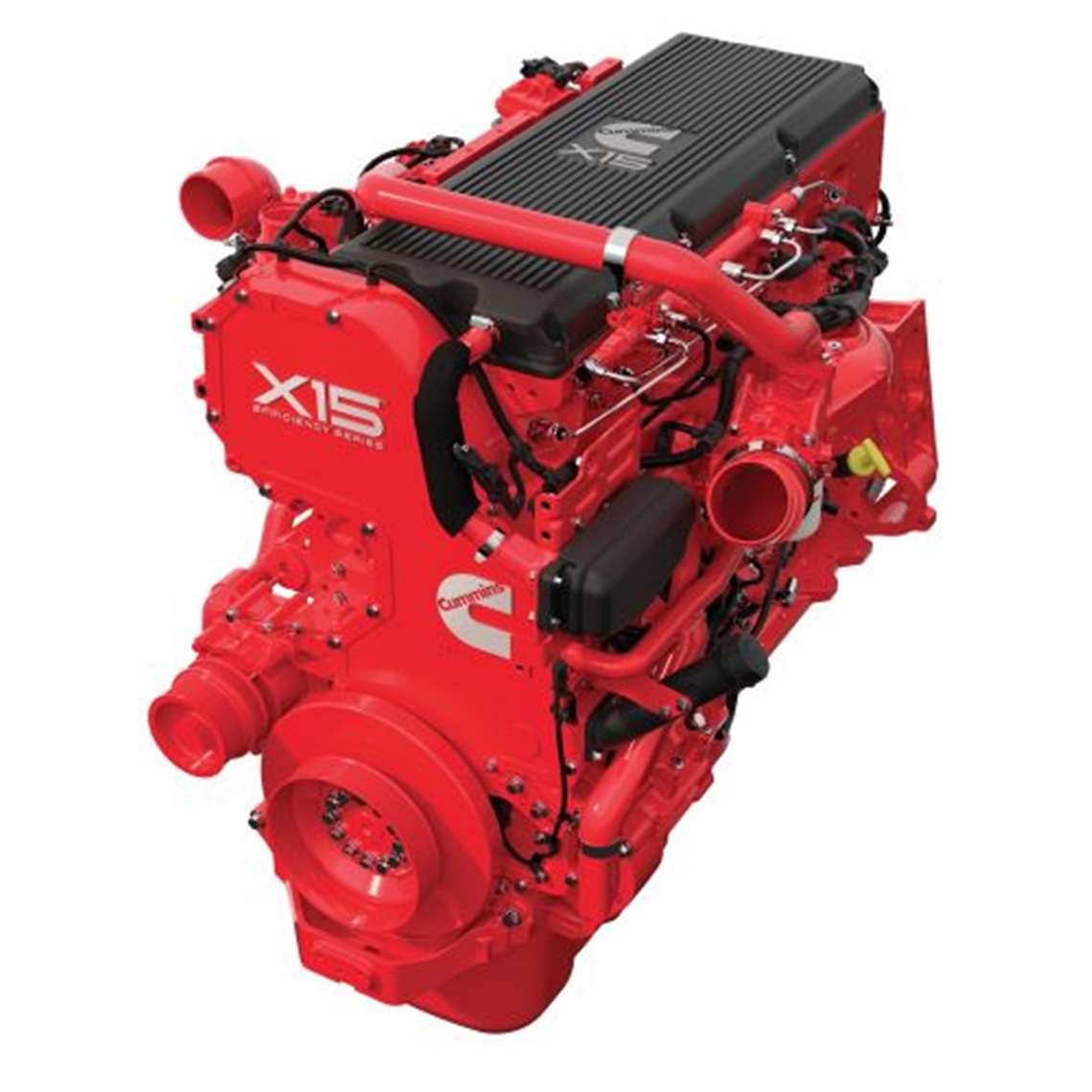Cummins, Tula In Diesel Technology Collaboration
22 April 2020

Cummins Inc. and Tula Technology, Inc., a Silicon Valley-based provider of software controls designed to optimize propulsion efficiency and emissions across the mobility spectrum, have announced their collaboration on a demonstration of diesel Dynamic Skip Fire technology. By using dDSF software to control cylinder deactivation, Cummins and Tula said they have demonstrated significant reductions in emissions and fuel consumption.
“At Cummins, it’s our mission to power a more prosperous world,” said Lisa Farrell, director, Advanced System Integration at Cummins. “We do this by helping customers succeed through innovative and dependable products that are good for the customer and the environment. We will continue to innovate the diesel engine system to make it lighter, more reliable, powerful and fuel-efficient, and we are encouraged by the progress demonstrated in this collaboration and what it could mean for future diesel technology.”
The project started in early 2019 with the goal of optimizing cylinder deactivation strategies for diesel engines, which could result in emission reduction benefits. Advancements through the project are expected to help address future, more stringent NOx regulations.
The collaboration work was carried out on a Cummins X15 Efficiency Series 6-cylinder diesel engine. The joint development team modified the engine system to integrate and leverage Tula’s Dynamic Skip Fire (DSF) control algorithms to command combustion or deactivation on a cylinder event basis. On the challenging low-load cycle being proposed by the California Air Resources Board, modeling of dDSF technology predicted reductions in tailpipe NOx emissions while simultaneously reducing CO2.
The reduction of tailpipe NOx is achieved primarily by optimized exhaust temperature control, resulting in dramatically improved conversion efficiency of the aftertreatment system, Cummins said. The technology achieves CO2 reductions through improvements in combustion and reductions in pumping work. Further, dDSF delivers improved tailpipe emissions while simultaneously reducing fuel consumption, allowing for further optimization of these critical parameters.
“Our partnership with Cummins has given us the opportunity to expand our DSF technology beyond its success in gasoline engines,” said R. Scott Bailey, president and CEO of Tula Technology. “Demonstrating the capability to improve fuel efficiency while also achieving very effective emissions control is extremely important for all diesel engine applications in the future.”
Cummins and Tula have released a joint paper “Diesel Dynamic Skip Fire (dDSF): Simultaneous CO2 and NOx Reduction” for the 2020 Vienna Motor Symposium, which presented and quantified the success of dDSF in increasing efficiency and reducing CO2 and NOx.
The collaboration between Cummins and Tula in evaluating dDSF for the diesel market will continue with exploring future system optimization and viability to control noise, vibration and harshness in commercial vehicle applications.
STAY CONNECTED




Receive the information you need when you need it through our world-leading magazines, newsletters and daily briefings.
POWER SOURCING GUIDE
The trusted reference and buyer’s guide for 83 years
The original “desktop search engine,” guiding nearly 10,000 users in more than 90 countries it is the primary reference for specifications and details on all the components that go into engine systems.
Visit Now
CONNECT WITH THE TEAM









